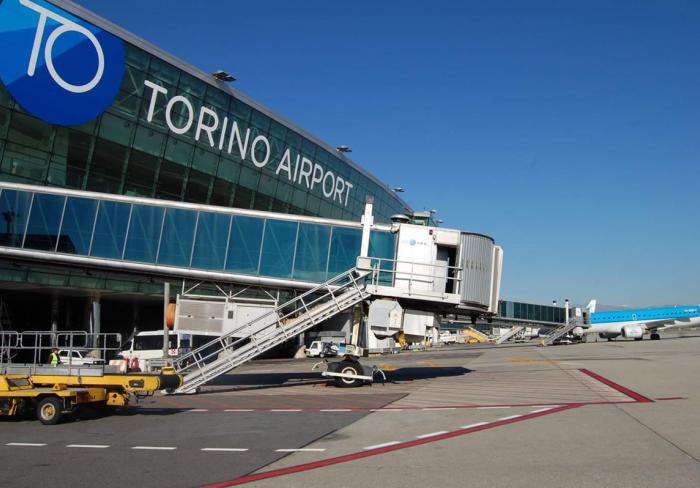Tourism needs more than ten minutes on the CARICOM agenda; it should be something that should be there permanently, said Berthia M. Parle, president of the Caribbean Hotel Association (CHA), in a recent BBC Caribbean Service interview.
"We need to agree on how to move forward and on how to maximize the gains derived from tourism for the benefit of the people of the region," she insisted. Her words came at the end of an extensive visit to Europe that included industry meetings in London and Turkey and exchanges in the Hague with leading figures in the European Parliament and the African, Caribbean and Pacific (ACP) group of nations.
The ever-growing insecurity that´s sweeping Guatemala is seriously jeopardizing the advance of tourism in that Central American country, that according to several businesspeople who where recently polled by the Social Studies and Research Association (ASIES is the acronym in Spanish).
ASIES Chief Luis Carrillo said a majority of the 500 entrepreneurs who took the survey grumbled about increasing levels of insecurity in Guatemala that have made a dent in the local travel industry so far this year.
Experts from the World Tourism Organization (WTO) believe that following a double-digit growth in 2004, the travel industry could etch out a more moderate 4 percent increase by the end of 2005.
WTO Secretary-general Francesco Frangialli noted it’s been twenty years since the world leisure industry made a similar positive forecast. “Back in 1984, world tourism was coming in out of the rain. A weak world economy and the second oil crisis had had made the industry’s woes drag on for too long,” Mr. Frangialli commented.
The flare-up of Latin American currencies will certainly drive 8 to 10 percent more citizens from this neck of the woods to pack their bags and shell out some $16 billion in journeys overseas next year.
According to Infoamericas Tendencias, a group devoted to specialized research on markets in the Western Hemisphere, this figure represents $1.5 billion more than what Latin American travelers spent in 2003, a trend that must remain very much on the rise through 2005, experts say.
Mexicana de Aviacion is planning to regain lost ground in 2005 driven by the good shape of the U.S. economy and steadier oil prices in the world market, said Adolfo Crespo, PR chief at the Mexican air company.
The addition of ten new Airbus A318 jetliners to the carrier´s fleet has been done in spite of spiking fuel prices that have been a major snag in the way of most airlines all year long.
Mr. Crespo noted fuel prices are hinting at some serious stability come next year, a situation that will pave the way for a market recovery. "We must bear in mind that civil aviation is directly linked to the good health the world economy," he added. Unfortunately, oil prices have made a dent in the company´s three-quarter figures.
Dawid De Villiers, assistant secretary-general of the World Tourism Organization, believes “tourism is back on track and this positive trend is likely to strengthen next year.”
“An interesting conclusion derived from the latest research study conducted by the WTO’s Expert Team,” Mr. De Velliers pointed out, “is the visible change we’re all watching right now as external factors and crisis management continue to play a less important role. There’s also a renewed interest in internal competitive factors linked to travel destinations and products, like, say, service development, staff training and promotion.”









